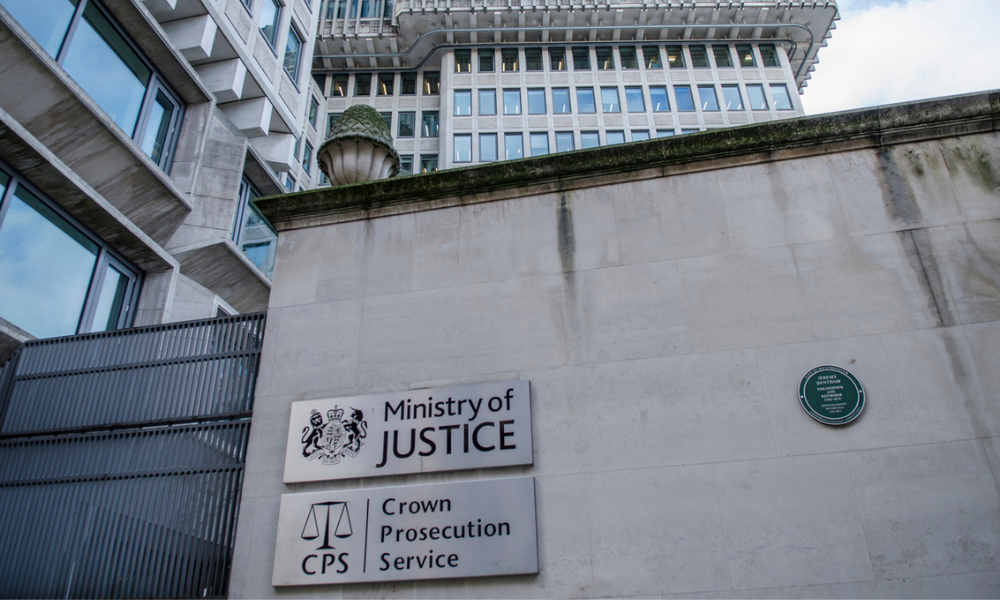
An open letter to Her Majesty’s Courts & Tribunals Service on the matter was signed by nearly 400 lawyers

The Ministry of Justice in the UK has shot down claims that court hours would be extended amidst a pledge by nearly 400 lawyers to boycott sittings held after hours.
Many solicitors and barristers who appear regularly at criminal courts signed an open letter addressed to Her Majesty’s Courts & Tribunals Service (HMCTS) last week. The letter declared the petitioners’ refusal to appear at a “single court listing outside of regular court hours” regardless of the circumstances, the Law Society Gazette reported.
“We are expected to attend hearings during our evenings and weekends when we need to spend time with our families, and to recuperate from exhausting days and nights in courts and police stations, in order to fix a disaster which is entirely of the government’s own making,” the letter said. “We are told to do so for no extra funds, without our representative bodies having been consulted in advance.”
The petitioners indicated that they sought to address the backlog created by the COVID-19 pandemic in a way that “affords dignity to ourselves, our clients, and court staff.” The lawyers’ goodwill, the letter said, “has run dry.”
An HMCTS spokesperson said that the petition was “based on year-old information” that had already been nullified by new plans.
“Under these plans there is no proposal to mandate Crown court trials on weekends, and any decision to extend the operating hours of a court would be for its independent resident judge,” the spokesperson said in a statement published by the Gazette.
Nonetheless, last month the Ministry of Justice had declared that judges would be given the option to keep courtrooms open beyond regular hours under “temporary operating arrangements.” Under these trials, the ministry had presented two models through which trials could take place.
The “blended model” would have two jury trials taking place in one courtroom in a single day over two timeslots: 9am-1pm and 2pm-6pm. The “remote model” would see sessions taking place online beyond the usual 9am-5pm schedule for non-trial work like pre-trial preparation hearings, mentions and sentencing.
The Law Society of England and Wales voiced its support for the petitioners, pointing to issues of underfunding and the strain of dealing with the pandemic.
“We are not surprised to see that practitioners feel this way given how badly they have been underfunded for decades, and the additional impact of the pandemic on them and their firms,” President I. Stephanie Boyce said. “A move to extended hours is likely to impose additional costs on law firms, many of which are already suffering the financial burden of the pandemic, and the further negative impact on work/life balance could make it even more difficult for firms to recruit and retain staff.”
Boyce warned that extending court hours could “lead to capacity shrinking once more at a time when the entire criminal justice system and those that work within it are already stretched to breaking point.”